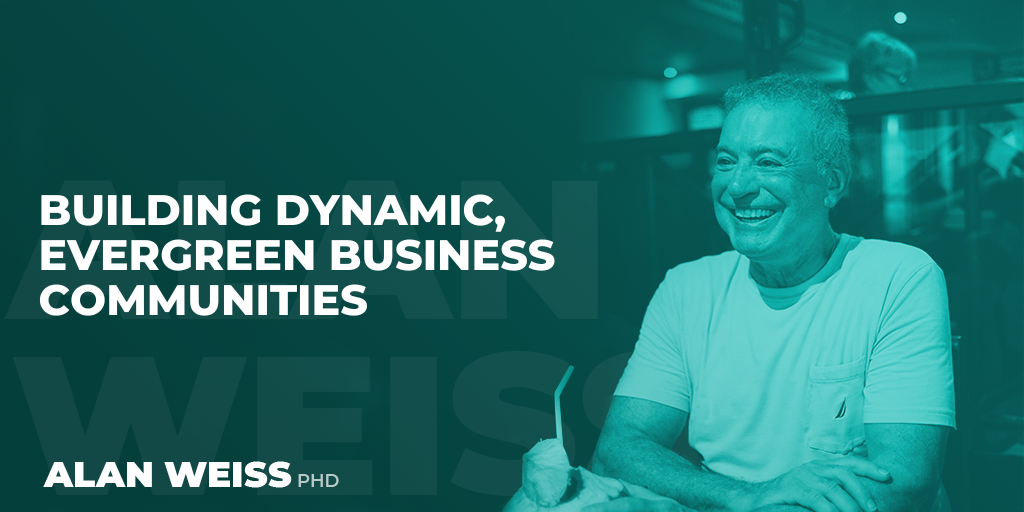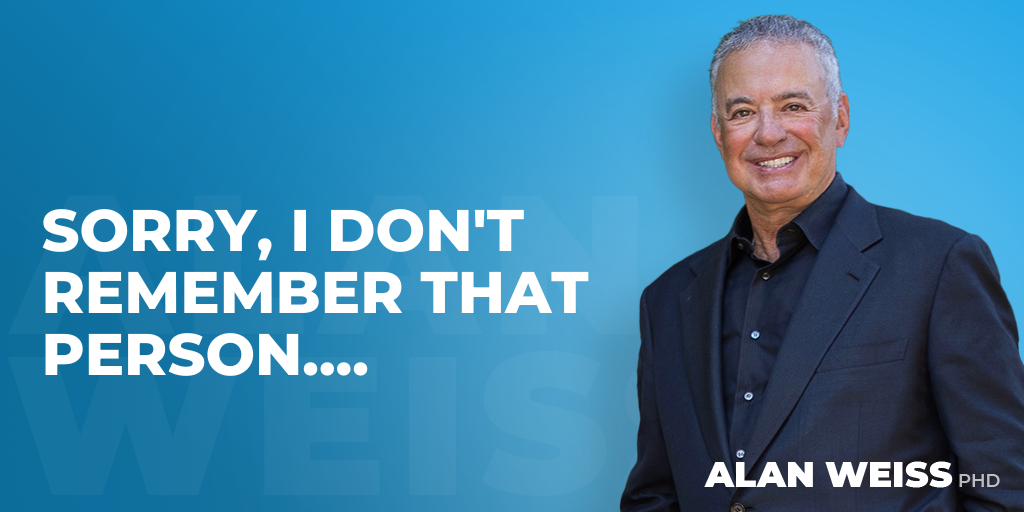You Can’t Reduce Your Way to Growth
We are victims today of a refusal to make tough decisions, but perhaps not the decisions most people might consider.
Ever since World War II and the advent of the Baby Boomer generation, the mathematics were inexorable: Safety nets created in the 1940s which depended on about a dozen people at work for every retiree and an average lifespan at 65 of fewer than five years were obsolescent. We reached a predictable point—today—with about three people working for every retired person, the latter having a lifespan at 65 of perhaps 20 more years. (And we have the unheard of phenomena of many people retiring in their 50s or even 40s in uniformed services, and huge disability claims with lifetime payments.)
We can reduce debt until the cows come home, but that won’t help the equation. The challenge for countries, companies, and families is growth.
I’ve never seen anyone cut their way to growth. You can forestall bankruptcy, you can eke out a lower quality of life (“I’m sorry to ask you to stand, but we’ve sold our conference table in order to make a few bucks”), and you can try to last until someone else has to make the tough decisions. Those tough decisions, however, aren’t about cutting costs.
They are about how to increase the top line.
Countries, companies, and wage earners all need to improve their revenues. Countries can do this through exports, taxes, innovation, job stimulation, and so on (some have tried it through conquest). Companies can do it through expansion, new products and services, new markets, higher prices for more value, and happy customers (some have tried it through conquest—acquisition). Individuals can do it through improving their marketability, promotion, better jobs, entrepreneurialism, more education, and working harder and smarter.
All of us have to provide goods and services attractive to others with high value, so that price competition isn’t always an issue. We need to encourage prudent risk taking, innovation, and speed. Government regulation, corporate bureaucracy, and individual cynicism are the antithesis of growth. They are retardants, a brake permanently set.
My car has the largest brakes of any production car in the world. That’s because it can go so fast, it needs massive breaks to bring it to a halt. But that’s only until I step on the accelerator again. The car didn’t come with the brake set and impossible for me to release.
We need to hit the accelerator, explode the top line, and understand that the old mathematics are defunct. No one has the right to consume wealth without also creating it. And you don’t create it by reducing your spending or vision.
We need leaders who understand that and can make tough decisions about growth.
© Alan Weiss 2011. All rights reserved.






